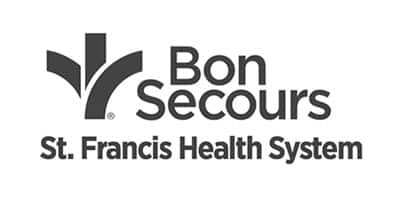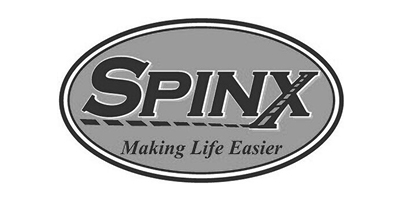
Vaping among middle and high school students continues to be a growing concern, both nationally and right here in Greenville County. At Just Say Something, we’re seeing this issue show up frequently in conversations with parents, educators, and, most importantly, students themselves. In a recent episode of our podcast, two of our team members, Maureen and Stacy, shared their experiences visiting schools to educate students about the risks of vaping and what we can all do to support healthier choices for our youth.
Thanks to the support of local school principals, our team regularly visits schools to talk to students who’ve been caught vaping, primarily nicotine-based products. The sessions typically involve 5–10 students, many of whom admit they had no idea how harmful vaping could be.
“We start by showing them the history of tobacco and how big corporations have shifted to targeting youth with fruity, colorful vape products,” Maureen explained. “It’s all marketing, many students don’t realize they’re being manipulated.”
The presentations also shed light on the broader implications of the industry. These same companies are profiting from the health problems they help create by also manufacturing treatments like inhalers. “They’re making money on both sides—selling the problem and then selling the solution,” added Stacy.
A major challenge in these discussions is overcoming the myth that vaping is safer than smoking. Many teens believe that because it doesn’t smell or involve tobacco leaves, it must be harmless. But that couldn’t be further from the truth.
“We tell them: your lungs are made for air, not aerosol,” Stacy said. “They think it’s safer, but more and more adolescents are being hospitalized with vaping-related injuries, some of which are life-threatening.”
Another issue is the addictive nature of nicotine itself. “Some of these kids are going through thousands of puffs in just a few days,” Stacy recalled. “One student had to be rushed to the hospital after using two high-capacity vape pens in just 48 hours, the equivalent of nearly ten packs of cigarettes.”
When asked why they tried vaping, students often mention flavors and peer pressure. But there’s more to it than that. Many kids are exposed to vaping at home, through parents or older siblings. Others are simply overwhelmed by the emotional highs and lows of teenage life.
“Kids today are addicted to quick dopamine hits, TikTok videos, online gaming, and yes, vaping,” Maureen explained. “It’s all about instant gratification, and unfortunately, that makes vaping especially appealing.”
Despite these challenges, many students do respond positively to the presentations. Some admit they want to stop but don’t know how. “It’s not always about getting someone to quit on the spot,” said Maureen. “It’s about planting that seed so they see that quitting is possible.”
Stacy agreed, noting that one of the most powerful messages they share is: “Every day is a new day. If you want to quit, start again tomorrow, and keep starting again until it sticks.”
If you’re wondering how to talk to your child about vaping, the most important thing is to simply start the conversation.
“Just say something,” Stacy urged. “Even if it’s just asking how their day was. The small conversations build trust so they’ll feel comfortable coming to you with the big stuff.”
Both Maureen and Stacy emphasized that strong relationships don’t form overnight. If you're struggling to connect, it’s okay to seek help. “There’s no shame in learning how to be a better parent,” said Maureen. “We offer programs that support families because we know parenting doesn’t come with a manual.”
For Stacy, who has worked in youth prevention for over 20 years, the motivation is clear: “Every child deserves a future. And putting harmful chemicals in their body threatens that future. We want kids to grow up healthy, strong, and informed.”
Maureen, who is newer to the team, shares that vision. “We want students to set goals, to see that short-term habits like vaping might feel good now but can hurt them in the long run. Choosing to stop—even just considering it, is a step toward a brighter future.”
Need support or want to bring our vaping education program to your school?
Call us at 864-467-4099 or visit justsaysomethingsc.org to learn more about our parent workshops, school presentations, and youth programs.







